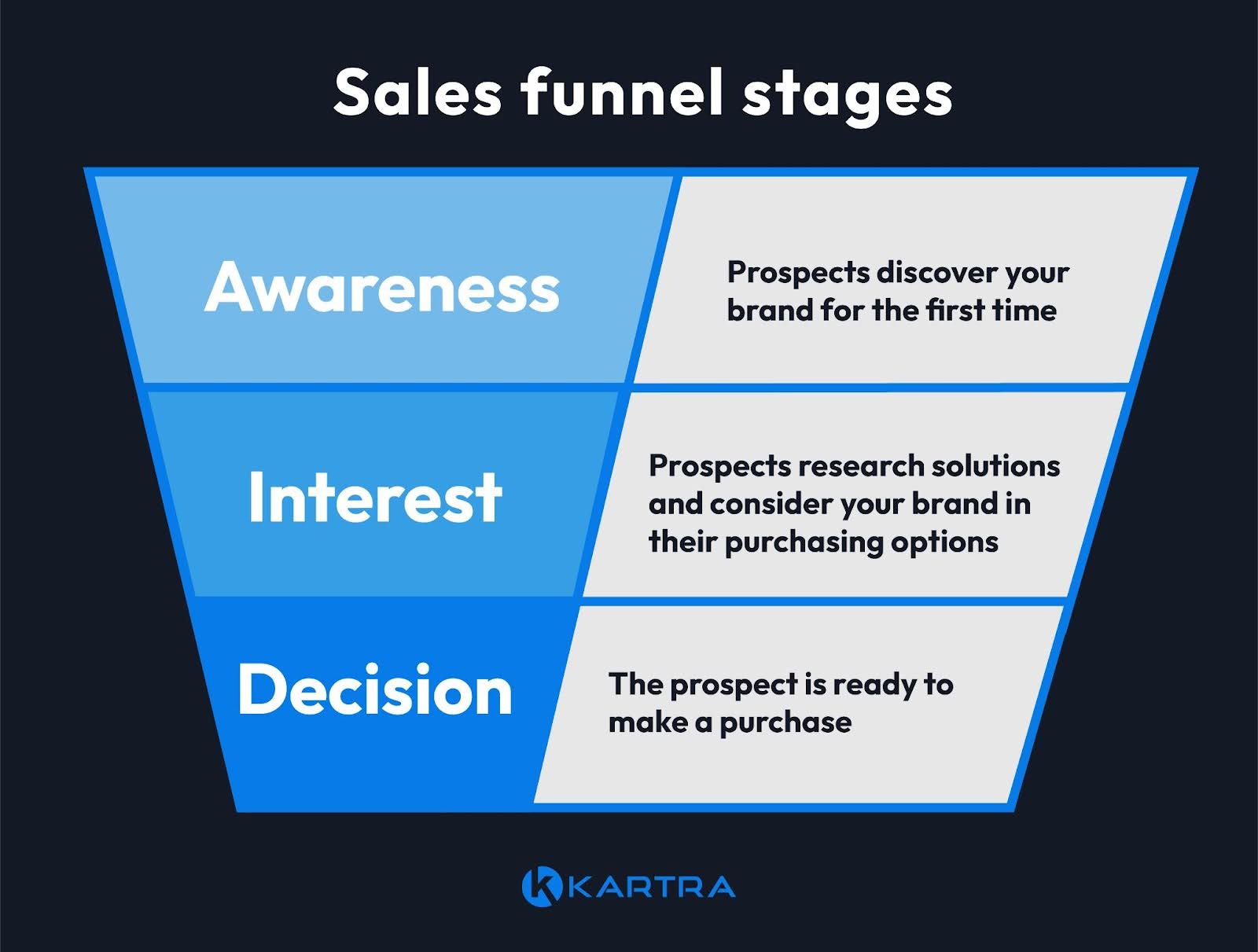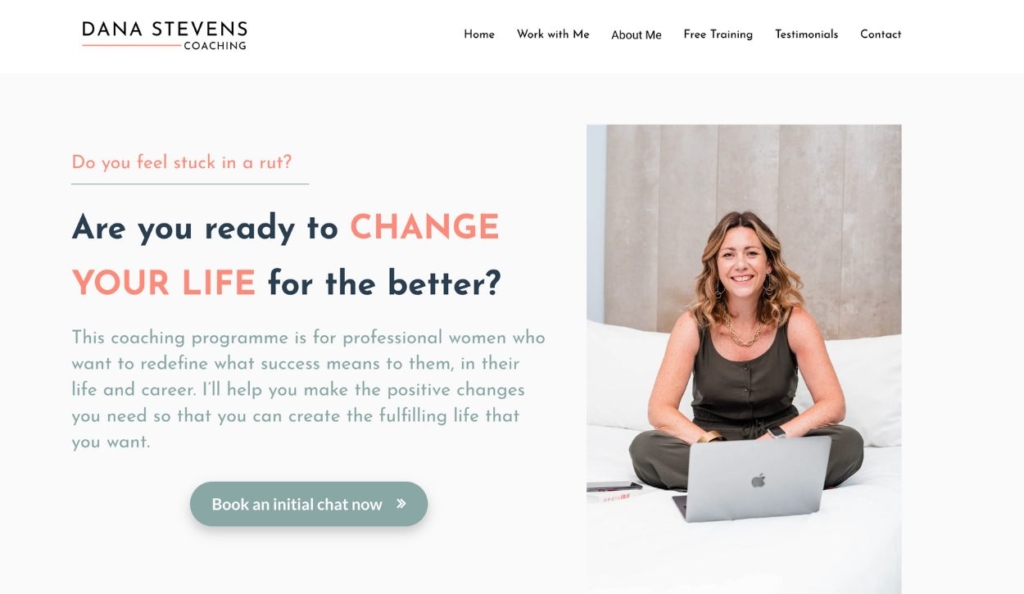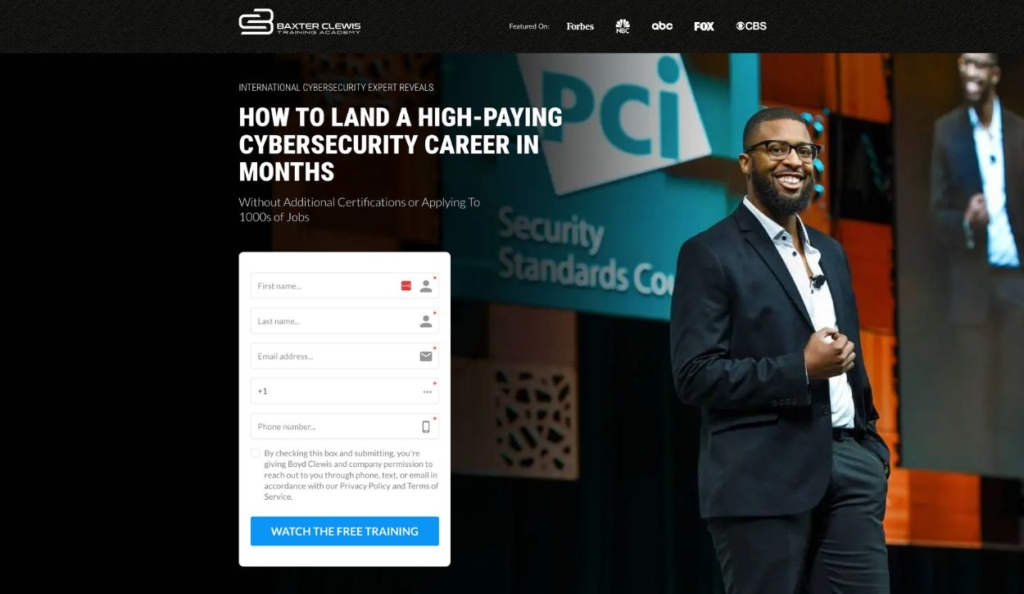- Create
- Market
- Scale
create
market
Starting an online coaching business is an exciting endeavor! You have valuable expertise that you know will make an impact on your future clients. But how are you supposed to find those clients?
Many coaches have built and scaled their brand on Kartra’s platform, giving us a front-row seat to see what makes a coaching business successful. Contrary to stereotypes, marketing your business doesn’t need to be pushy or inauthentic. The opposite is true. To grow your coaching business, you need a marketing plan that builds trust and genuine relationships. Read on to learn key marketing principles for coaches as well as ten practical strategies for building your client list.
Don’t get lost in the weeds when it comes to marketing and sales strategies. After all, there are a lot of ways to go about promoting your coaching business. Here are three high-level principles to keep your marketing strategy focused and effective.
Trust is a major factor in any buying decision. But it’s particularly important for coaching services. Before someone signs up for your coaching class or one-on-one session, they want to know who you are and believe that you will help them reach their goals. Whether you’re a life coach, fitness coach, or any other type of expert — your clients are investing significant time, resources, and trust into your services!
Building trust should be at the heart of all your marketing strategies. Are you proving to potential clients that you are good at what you do? Are you demonstrating to them that you understand their struggles? Are you showing them the value of your services for their lives?
This is good news for coaches who are nervous about coming across sales-y. Because good marketing doesn’t impose on people — it’s helpful and solution-oriented.
Because trust is such a key factor in selling coaching services, an organic marketing strategy is the best way to go. “Organic” marketing tactics are unpaid, focusing on building brand awareness and gaining a following more naturally. Examples would include creating SEO content or posting on social media. This contrasts with strategies that rely on pay-per-click advertising and other paid avenues.
One of the key things to remember about this approach is that an organic marketing strategy takes time. It’s not an overnight way to get clients. Done well, it results in long-term, sustainable growth.
As you explore different marketing tactics, remember the importance of integrating your efforts. Social media content, lead magnets, free consultations — all of these strategies should contribute to a broader sales funnel. “Top-of-funnel” efforts are about building brand awareness, “middle-of-funnel” strategies nurture leads closer to a buying decision, and “bottom-of-funnel” tactics are aimed at driving conversions.

For example, you might link a social media post to a landing page on your website that provides more complete information. From there, a user is presented with the opportunity to download a guide in exchange for their email address. After a few follow-up emails, the lead receives an offer for a free consultation, after which they sign up for regular coaching sessions.
The purpose of a sales funnel is to align your marketing efforts with the buyer journey, instead of relying on isolated marketing tactics to convince someone to buy right then and there.
When building a sales funnel, it’s important to create bottom-of-funnel assets before focusing your efforts on lead generation. These are the pieces that need to be in place in order to convert leads into clients. The most important piece is your coaching website.
The good news is that your website doesn’t have to be complex. In fact, the best coaching websites we see are straightforward. Visitors need to be able to tell — at a glance — exactly what problem you solve and how good you are at solving it. This means your website needs clear messaging that resonates with your ideal clients, and provides proof of your abilities (such as testimonials and success stories).
Building on the above marketing principles, here are ten specific marketing strategies to consider implementing in your plan. Because organic marketing is so important to a coaching business, most of these tactics are centered around building an organic following.
Content is the foundation of any organic marketing strategy. Whether you publish blog posts, videos, social media posts, or host a podcast — content is hands down the best way to prove your value. That doesn’t mean you have to give away all of your expert knowledge — you definitely shouldn’t do that! But it’s absolutely necessary to show potential customers that you know what you’re talking about.
Content creation looks different depending on the type of coaching you offer, but the key is to cover topics that are hyper-relevant to your ideal client and provide them with a truly valuable sample of your expertise. And with content marketing, consistent production is everything. Trust takes time!
You may or may not like the idea of being on social media, but there’s no doubt that this channel is important for building an organic following. Choose one or two social media platforms that align with your target audience, and use them as a way to distribute content and build relationships with potential customers.
That means joining existing conversations (many coaches take advantage of Facebook groups), sharing your expertise, and promoting your services where appropriate. The goal of a social media presence is to find the people you want to help and create an authentic community around your brand.
A free consultation or coaching session is a win-win opportunity to prove your worth to a potential client — especially if your coaching services require a substantial financial investment. A free session is one of the most powerful (and popular) lead magnets for coaches because it offers prospective clients a high-value experience at no cost.

Dana Stevens offers a free initial chat for clients interested in her coaching program
To protect your time and expertise, it’s important to have clear parameters for free coaching calls. Set boundaries on the length of the session as well as the information you choose to give away.
A free consultation needs to be genuinely helpful to the client, but not so in-depth that it makes them think they don’t need to pay for further help! Think about it like a good movie preview. It needs to pique interest and give people a sample of what you offer, but leave them wanting more.
A lead magnet is something of value that a prospective client receives in return for their contact information — often a name and email address. Lead magnets are crucial for building your list of prospects and moving leads further down the sales funnel.
Downloadable assets — such as ebooks, whitepapers, worksheets, templates, or checklists — make fantastic lead magnets for coaches. After all, you’re already creating content for promotional purposes and coaching purposes. Think about how you can re-package that content into a resource that will prove your value to prospective clients and get them into your sales funnel.
Many of the coaches on our platform compile their library of resources into an online course. It’s a smart move because they already have so many materials built up from past coaching sessions and marketing campaigns.

This career coaching program provides a free training video as a lead magnet
An online course could be a comprehensive training program that you sell on your website, or perhaps it’s just a mini-course that you use as a high-value lead magnet. The coaching business lends itself well to course creation because it requires similar skills and appeals to a similar audience.
Hosting a live webinar is a powerful way to connect with your audience and build a list of contacts. This is for a couple of reasons. First of all, a webinar format allows you to demonstrate your skills as a coach in real time. You can educate listeners, share your story, and answer questions from the audience.
Secondly, it’s an effective way to narrow in on high-quality leads. Generally speaking, if someone is willing to attend a webinar, it shows that they’re a high-intent lead and are likely to respond well to follow-up sequences after the webinar ends.
With the popularity of social media, it’s easy to forget that email remains one of the most effective marketing tools. Unlike third-party social media platforms and search engines that rely on ever-changing algorithms to prioritize which content users see, you own your email list. This means you have complete control over the message you send — including who sees it and when.
Take advantage of email software to set up automated sequences — for nurturing leads, welcoming new clients to your business, and other valuable touch points. This takes the manual work out of converting leads and keeping up with clients while opening up opportunities for highly targeted, personalized communication.
Many coaches in our network have successfully expanded their coaching services with a more holistic membership program. Members have convenient access to exclusive content or experiences — such as training videos, group forums, or events.

Coach, consultant, and mentor Simon Lovell sells a networking membership for San Diego entrepreneurs
A membership program offers enhanced opportunities for brand engagement and fosters a sense of community. Plus, it opens the door to additional revenue sources apart from adding more clients to your schedule.
Coaching businesses are often driven by word-of-mouth referrals because it’s such a trust-based service. While it’s great when this occurs spontaneously, don’t be afraid to ask people in your network if they know anyone who might benefit from your services — especially if you have free resources to offer, such as an online course or a free consultation.
Many entrepreneurs hesitate to ask for referrals, not wanting to be pushy. While that’s an understandable instinct, a good referral is actually win-win. You have valuable services to offer, and you’re looking for the people who need them!
As your business grows, we recommend implementing a structured referral program that incentivizes referrals. The compensation needs to align with your clients’ values, make it worth their time, and demonstrate that you value their efforts. This requires testing different types of reward programs to confirm what resonates with your audience.
Sometimes you need to raise brand awareness however you can — especially in the beginning stages of the business when you need your first clients. If you decide to run paid ads, select a platform that is ideal for your target audience and integrate your ads within a strategic sales funnel. Advertising doesn’t have to mean outright promoting your services.
For example, running ad reels on social platforms like Instagram or LinkedIn can be a great way to get people interested in what you have to say. And you may not want to link the ad directly to your service page — it could funnel users toward a lead magnet that keeps them engaged with your brand.
Don’t be overwhelmed by all the options! Business growth takes time. Build each part of the puzzle as you’re able, and focus on giving your clients an outstanding experience with your coaching program.
To help your business grow sustainably, we recommend using an all-in-one platform like Kartra. Instead of paying for new software (for emails, landing pages, webinars, etc.) every time you enhance your marketing strategy, using comprehensive software lets you create and scale your business from the same platform. This minimizes subscription costs and makes it easy to integrate marketing tactics into a powerful funnel that brings you more clients.